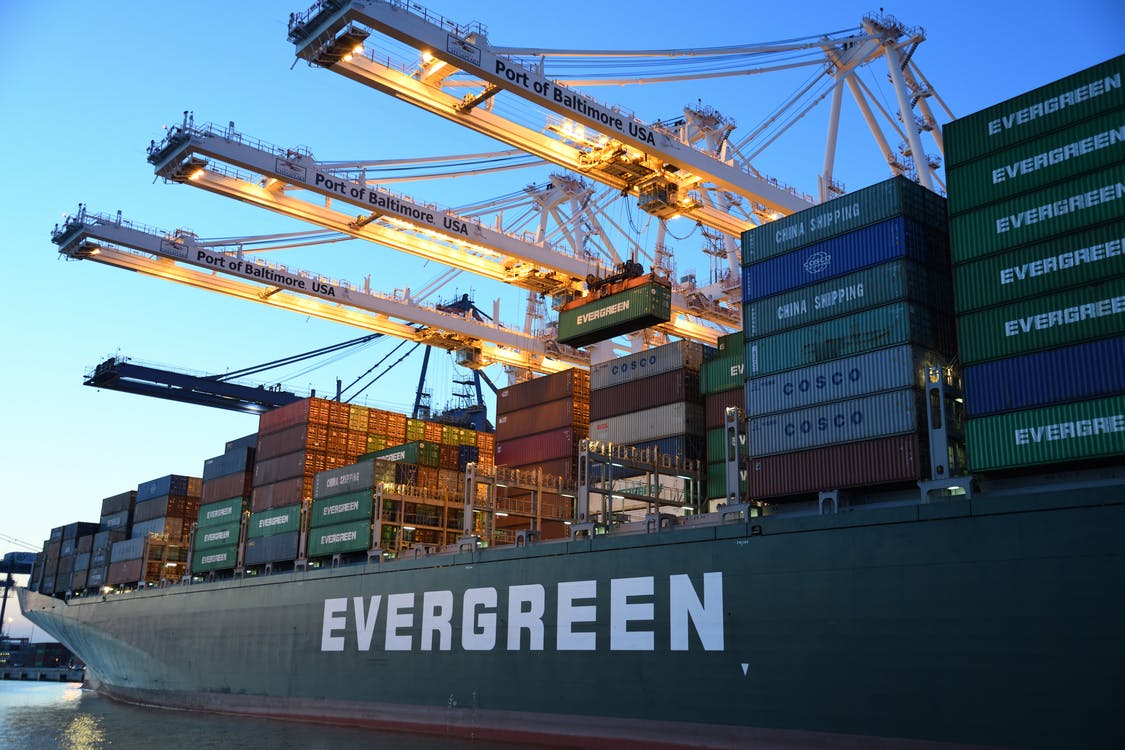
Understanding Carrier Vetting
In the logistics and transportation industry, carrier vetting plays a vital role in maintaining safety, reliability, and efficiency. This process involves thoroughly evaluating and selecting transportation providers to ensure they meet specific standards and requirements. By implementing robust carrier vetting services, businesses can significantly reduce risks associated with shipping and improve overall supply chain performance.
Why Carrier Vetting Matters
Carrier vetting is more than just a bureaucratic process; it's a critical step in safeguarding your business and customers. Here's why it matters:
- Safety assurance
- Regulatory compliance
- Quality control
- Risk mitigation
- Customer satisfaction
Let's delve deeper into each of these aspects to understand their significance.
Safety First: Protecting Your Cargo and People
Safety is paramount in the transportation industry. Proper carrier vetting helps ensure that:
- Drivers are qualified and well-trained
- Vehicles are properly maintained
- Safety protocols are followed consistently
By prioritizing safety through thorough vetting, businesses can protect not only their cargo but also the people involved in the transportation process and the general public on the roads.
Navigating the Regulatory Landscape
The transportation industry is heavily regulated, and for good reason. Carrier vetting services help businesses navigate this complex regulatory landscape by:
A. Verifying licenses and permits
B. Ensuring compliance with federal and state regulations
C. Checking insurance coverage and liability protection
D. Monitoring ongoing compliance
Staying on top of these regulatory requirements can save businesses from hefty fines and legal complications down the road.
Maintaining Quality Standards
Quality in transportation goes beyond just delivering goods on time. It encompasses:
- Proper handling of cargo
- Temperature control for sensitive items
- Cleanliness and sanitation of vehicles
- The professionalism of drivers and staff
Thorough carrier vetting helps maintain these quality standards, ensuring that your products reach their destination in optimal condition.
Mitigating Risks in Transportation
Every shipment carries inherent risks. Effective carrier vetting can help mitigate these risks by:
- Assessing the financial stability of carriers
- Evaluating their track record and reputation
- Checking for any history of accidents or violations
- Verifying their capacity to handle specific types of cargo
By addressing these factors, businesses can significantly reduce the likelihood of delays, damages, or losses during transportation.
Enhancing Customer Satisfaction
At the end of the day, carrier performance directly impacts customer satisfaction. Proper vetting ensures that:
A. Deliveries are made on time
B. Goods arrive in perfect condition
C. Customer service is professional and responsive
D. Any issues are resolved quickly and efficiently
Happy customers lead to repeat business and positive word-of-mouth, which are invaluable for any company's growth.
The Carrier Vetting Process
Now that we understand the importance of carrier vetting let's look at what the process typically involves:
- Initial screening and qualification
- Document verification
- Safety record review
- Insurance and liability checks
- Operational capability assessment
- Financial stability evaluation
- Ongoing monitoring and performance reviews
Each of these steps plays a crucial role in ensuring that only the most reliable and capable carriers are selected for your transportation needs.
Leveraging Technology in Carrier Vetting
Modern carrier vetting services often utilize advanced technologies to streamline and enhance the vetting process. These may include:
- AI-powered data analysis
- Real-time monitoring systems
- Blockchain for secure record-keeping
- Automated compliance checks
By leveraging these technologies, businesses can make more informed decisions and respond quickly to any changes or issues that arise.
The Cost-Benefit Analysis of Carrier Vetting
While implementing thorough carrier vetting processes may seem like an additional expense, it's important to consider the long-term benefits:
A. Reduced risk of cargo loss or damage
B. Fewer delays and disruptions
C. Lower insurance premiums
D. Improved customer retention
E. Enhanced brand reputation
When viewed through this lens, the investment in robust carrier vetting services often pays for itself many times over.
Challenges in Carrier Vetting
Despite its importance, carrier vetting is not without its challenges:
- Keeping up with changing regulations
- Managing large volumes of data
- Balancing thoroughness with efficiency
- Addressing industry-specific requirements
- Maintaining consistency across global operations
Overcoming these challenges requires a combination of expertise, technology, and commitment to continuous improvement.
Building Strong Carrier Relationships
Effective carrier vetting isn't just about weeding out unsuitable providers; it's also about building strong, long-term relationships with reliable carriers. This involves:
- Clear communication of expectations
- Fair and transparent evaluation processes
- Providing feedback and opportunities for improvement
- Recognizing and rewarding excellent performance
By fostering these relationships, businesses can create a network of trusted carriers that consistently deliver high-quality service.
The Future of Carrier Vetting
As the transportation industry continues to evolve, carrier vetting processes will also evolve. Future trends may include:
A. Stressing sustainability and environmental effects more
B. Integration of more real-time data sources
C. Increased focus on cybersecurity measures
D. Adoption of predictive analytics for risk assessment
To keep a competitive edge in the logistics industry, organizations will need to stay ahead of these developments.
Final Thoughts
Carrier vetting is a critical component of a successful logistics operation. By implementing thorough and effective carrier vetting services, businesses can ensure safer deliveries, maintain regulatory compliance, and ultimately provide better service to their customers. While the process may seem daunting, the benefits far outweigh the costs. As the transportation industry continues to grow and evolve, the importance of carrier vetting will only increase. Businesses that prioritize this process now will be well-positioned to navigate the challenges and opportunities that lie ahead in the world of logistics and transportation.
